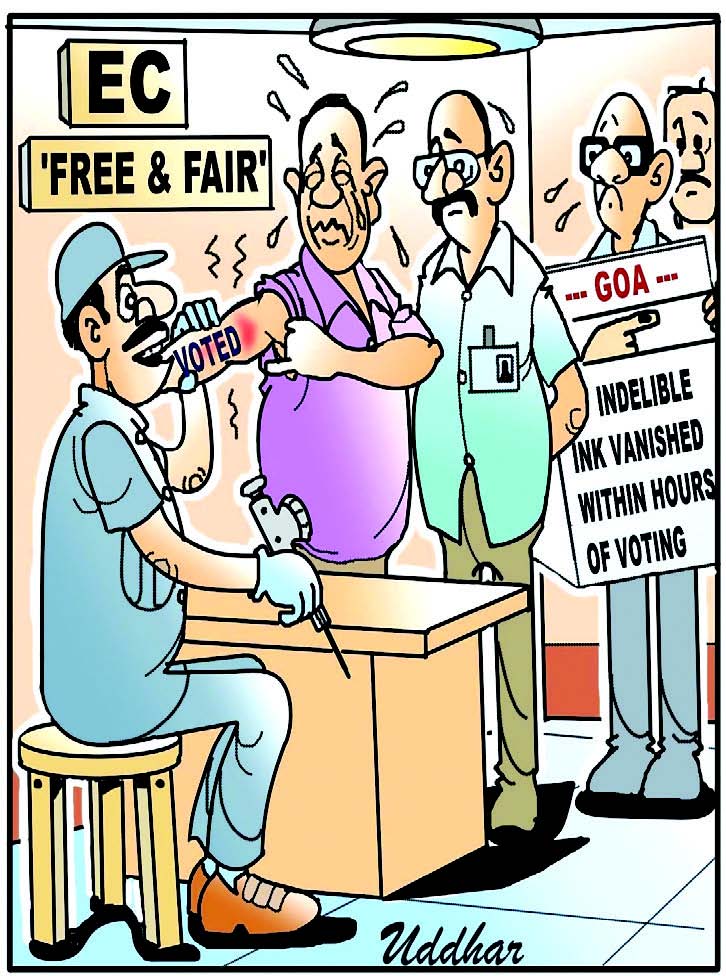A select committee of the Gambian National Assembly came to the conclusion that between June and November 2022, 82 children suffered acute kidney damage, and of these 70 died. Their deaths were linked to the consumption of four contaminated cough syrups manufactured by the Indian pharma firm Maiden Pharmaceuticals. They recommended that the firm be blacklisted, its products banned in Gambia, and legal action initiated. Analysis of the Gambian samples at a lab in Switzerland found that the samples of the four cough syrups manufactured by Maiden contained unacceptably high levels of ethylene glycol and diethylene glycol (DEG); contaminants that caused multi-organ failure. The onset of symptoms ranged from one and six days from the time of consumption of the syrups. Initial attempts to explain the complications as being due to E Coli infection did not pass medical scrutiny. Further as soon as the drugs were taken off the shelves, the cases dropped. Admittedly, due to local cultural beliefs, consent for autopsy was given in only two cases which indicated a toxin-induced fatty necrosis causing multi-organ failure. As the analysis was done with the help of the WHO in a WHO accredited lab in Switzerland, the committee chairman Amadou Carara stood by the findings.
The furore over the Gambian deaths had not even gone off the media front pages, when a second disaster was reported from Uzbekistan. 21 children developed severe respiratory distress following ingestion of a cough syrup manufactured by the Noida based firm, Marion Biotech. 19 of these children died. An analysis once again linked the deaths to the presence of ethylene glycol in the syrup, the toxic contaminant. Samples of the product have been sent to the Regional Drug Testing Laboratory (RDTL), in Chandigarh. A joint inspection by the Central and State drug controller found “deviations from good manufacturing practices”, seized samples, and stopped all manufacturing activity of Marion Biotech pending further investigations. The Uzbek state security service, meanwhile, arrested 4 people linked to the import and distribution of the cough syrup.
Pharma industry exports are expected to touch $27 billion in 2023, with Africa accounting for about 16% of India’s exports. The developed markets account for 55% of exports, according to the Pharmaceuticals Export Promotion Council of India (Pharmexcil). Obviously, apart from the medical and ethical issues involved, there are serious numbers at stake, and such reports cannot be swept under the carpet. Strangely the Minister of State for Chemicals and Fertilizers stated in a written reply to the Rajya Sabha that the control samples from Maiden Pharmaceuticals were of standard quality and negative for both DEG and ethylene Glycol. The DCGI even shot a letter to the WHO taking exception to the “premature deduction” on the cause of death in these children. This is not the first time pharmaceutical manufacturing has come under a cloud in India. In 2020, 17 children died in J&K after consuming a syrup with high levels of DEG. The Indian Government changed from syrups to suspensions thus eliminating the likelihood of contamination with propylene glycol. The issue is how a firm with a dubious track record was allowed to carry on producing and exporting its products for years in spite of various states declaring their products substandard (Bihar, 2011, Gujarat, 2015, and Kerala 2019) with Kerala even imposing fines. Vietnam, Nepal and others have banned its products. Other products have also come under the scanner. September 15, 2022 Maharashtra state Food and Drug Administration cancelled the licence of Johnson and Johnson to manufacture baby talcum powder.
In August 2022, Aurobindo Pharma was warned. Feb 2022, Himachal Pradesh Excise and Taxation Department suspended the license of Orison Pharma and Aqua Parental for manufacturing irregularities, and seized their products. The list goes on and on as far back as one cares to look.
All this points to a pharma industry whose regulation is at best pathetically ineffectual, and with little or no deterrent value for manufacturing shortcuts at the expense of safety and quality. And that for a country that positions itself as the pharma producing hub of the world. The Drugs and Cosmetics Act prescribes a 10-year jail term for adulterated drugs and a fine of Rs 10 lakh. But the terms “adulterated”, “substandard” and “contaminated” remain confused allowing loopholes readily used by offenders. Further, drug control is a state subject and often a drug banned in one state, continues production and export in another state. More often, even when action is initiated, it is so weak and impotent that it becomes irrelevant. For example, following the J&K deaths of 17 children, charges were framed against Digital Vision, also a repeat offender, but no one has been arrested or penalised.
A book “The Truth Pill”, by Dinesh Singh Thakur and Prashant Reddy Thikkavarapu takes an analytical look at drug regulation in India and examines the sort of laxities which precipitate the Gambia like incidents. “There is a problem at the level of courts itself. In Tamil Nadu, we found 30 judgments from one judicial magistrate in Chennai. In all the cases, the company pleaded guilty or were found guilty. The judge fined them Rs 1 lakh and sentenced them to ‘simple imprisonment till the rising of the court,’ which is basically till the judge rises from his seat. Judges treat drug quality violations like traffic offences”. As often happens with any criticism of the government, people like Dinesh were termed ‘anti-nationals’ and ‘foreign agents’.
If we are to maintain our position as the drug manufacturing hub of the world, a serious house cleaning exercise is required. We have to revamp our regulatory mechanisms to add stringent deterrent and punitive muscle to keep manufacturing firms on the straight and narrow. The cures cannot become worse than the disease.
(The author is a founder member of VHAG)
